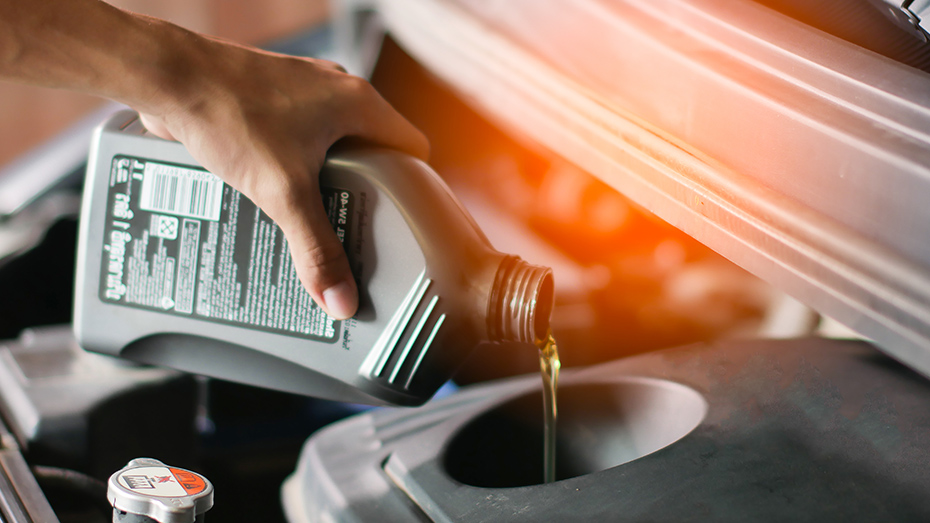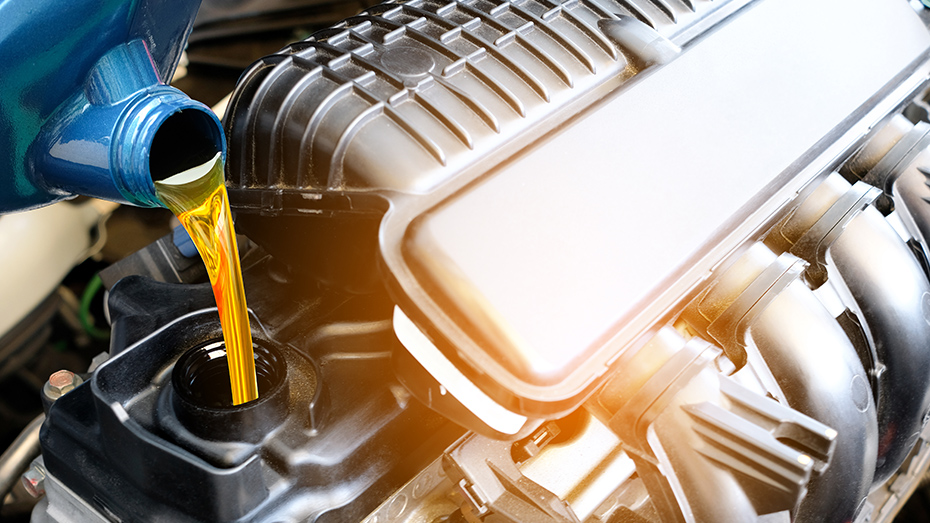
There are several factors that together keep your car functioning well. One of them is using the right gear oil. The gear system in your car undergoes wear and tear due to the constant rubbing of the parts. It also produces a lot of heat.
Using the right gear oil and changing it regularly prolongs the life of the gearbox and keep your car in optimal performance. Below we discuss the factors you should know to select the best gearbox oil for your vehicle.

Gear oil is a vital component of vehicles. It is used in various places such as differentials, transmissions, transaxles, manual gearboxes, and transfer cases in cars or trucks. Gear oil helps critical components from wear-and-tear and heat damage. It also ensures that the transmission remains smooth, which makes the ride enjoyable.
Not using the right oil or inadequate lubrication can cause many problems in the car, leading to increased maintenance costs. In addition, it can cause scuffing, corrosion, and pitting of the drivetrain components, leading to decreased driving performance.
It is important to know the difference between gear oil and motor oil. These aren’t the same and should not be used interchangeably. Unfortunately, most people remain unaware and end up damaging their cars. Gear oil is specifically designed for use in the gearbox. Let’s find out how to select what gearbox oil to use and things to know before choosing one.

There are several important factors that determine the best gearbox oil. These include the type of gearbox, viscosity, operating conditions, the temperature of oil, and others. Together, these can help you choose the most suitable oil for lubrication in the gearbox.
When selecting the oil, you must consider the type of gearbox, its dimensions, and other properties. Usually, this information is mentioned in the car’s manual. The choice of gearbox lubricant is also dependent upon the operating conditions. These include vibration and shock levels, anti-wear, and load properties.
How the oil affects the gearbox, and the overall working should also be considered. For example, some oils come with enhanced anti-corrosion properties, while others don’t. This can help increase the longevity of the gear oil against detrimental factors such as dust and humidity.
Before choosing the right oil for lubrication in the gearbox, you should also consider its temperature. It is another important factor. Moderate temperature lies between 20 and 80 degrees centigrade, while above that, it is considered hot. It is considered extremely hot above 120 degrees centigrade.
read more about 9 Car Maintenance Tips for Beginners

Apart from the technical factors that determine the quality of the oil, there are other ways you can find out the best gearbox oil for your car. Selecting the most suited oil for the gearbox will ensure a smoother drive. Checking the owner’s manual for your gear system specification is the first thing you should do to determine the right oil.
These vary from one automobile to another. Make sure you use the recommended oil; otherwise, it will affect performance. Using the wrong oil in the gearbox can also damage the internal components.
The most common gear oils on the market are GL-5 and GL-5, which are graded by The American Petroleum Institute on their overall performance. GL-4 is most commonly used for the vast majority of cars. However, heavy-duty vehicles, high-performance motorbikes, and sports cars usually require GL-5 oil.
You should know when it is time to change the gear oil so that the car can maintain its superior performance. As you shift the gear, pay attention to the transmission. If it thumps or slips, it is an indication that the oil needs changing.
Other signs include hearing grinding or whining sounds. Strange burning smells or leaks also indicate that it is time to change the oil in the gearbox. When checking the oil, if it appears dark or gritty, it is also a sign you should change it.
Every car manufacturer recommends changing the gear oil after a certain period of time. If you don’t follow the recommended schedule, there are chances that you can damage the transmission and accompanying systems. This can incur high replacement and repair costs.
The different parts of the gearbox undergo a lot of friction, grinding down the parts. The oil in the gearbox can also deteriorate over time, causing a detrimental effect on performance. The oil’s lubricating effect is also compromised over time. If you don’t replace the oil periodically, it can shorten the life of the transmission, and you won’t enjoy driving your car as much.

The first place to check how often you should change the oil is the car’s manual. It is usually mentioned there. However, for your understanding, it is recommended that the gear oil should be changed every 48,000 to 80,000 km for an automatic transmission if you drive under normal circumstances. If you drive a manual transmission, then the recommended range for an oil change is between 96,000 to 160,000 km. If you use the car roughly, for instance, drive it in the mud or use it for towing, then the oil should be changed every 24,000 km.
Gear oil is an essential factor when it comes to a car’s driving performance. You should know the right oil for your car recommended by the manufacturer and how to select one. It is also important to keep a check and change it when it’s due. This will ensure optimal transmission performance and keep your vehicle running smoothly.